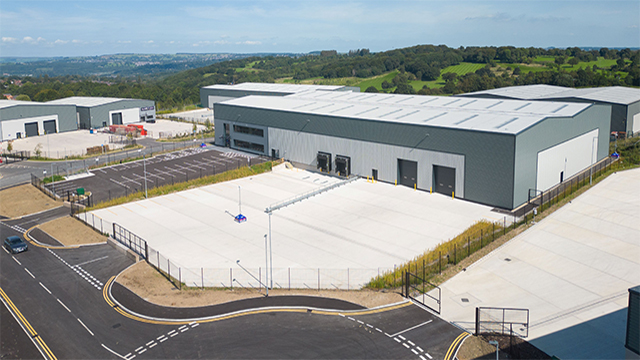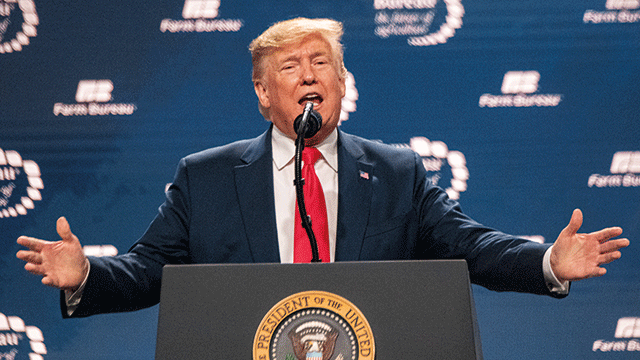Global industrial investment fell by 16% in the first half of 2024, according to the latest figures from Savills.
A total of $78bn (£61bn) of deals were done in the sector in the first six months of the year, down from last year but up by 9% on the 2015-2019 average.
Savills said the transactional market was tracking higher than pre-Covid-19, with $41.5bn raised globally in H1 2024 by funds specifically targeting industrial and logistics assets. This represents a 30% increase on the pre-Covid-19 average, despite the wider challenges around raising capital.
According to Savills, the Q2 average individual industrial deal rose by around 11% in size compared to Q1 data, suggesting that scale investors are returning. This is supported by a recovery in buy-side activity from cross-border investors, the only major investor group to be net buyers of industrial and logistics space in 2024 to date. Cross border investors have already backed some of the largest deals this year, including Brookfield’s agreed purchase of a 14.6m sq ft US logistics portfolio from DRA Advisors for a reported $1.3bn, only the third recorded real estate deal in the US surpassing the billion-dollar mark so far this year (across all sectors).
Across EMEA, industrial investment figures were down by 14% on 2023 at $9.5bn, driven by weaker activity at the portfolio or entity level, which can be volatile. The value of individual property sales, by contrast, increased by around 12% year-on-year, the first annual rise in two years. The average deal size has also increased by around one-third so far in 2024, suggesting that investors are increasingly comfortable deploying at scale in the region.
Oliver Salmon, director of global capital markets, in Savills’ research team, said: “Assuming Q1 2024 represented the trough in this cycle, then we expect the market to rebase higher in the future. This is supported by the shift in investor allocations favouring industrial and the fundraising data. Prime yields look to have stabilised across Europe and North America, with some markets already seeing some yield compression, despite the scarcity of core money in some markets.”
Rasheed Hassan, head of global cross border investment at Savills, added: “There remains a shortage of committed industrial vendors, as the majority want to wait until there are more datapoints to provide strong pricing comparables, but this is generating greater buyer interest when something is marketed and leading to more pricing tension. Given the fundraising activity tracked so far this year, we hope that the busy end of year trading season will give the markets what’s needed as a backdrop for this money to be deployed in 2025.”
Photo © Gerd Altmann/Pixabay
Send feedback to Samantha McClary
Follow Estates Gazette











